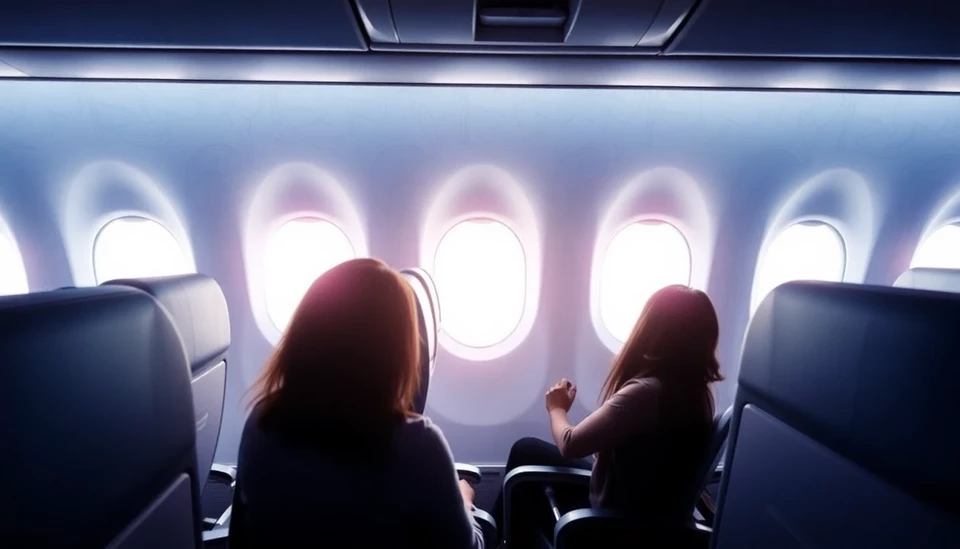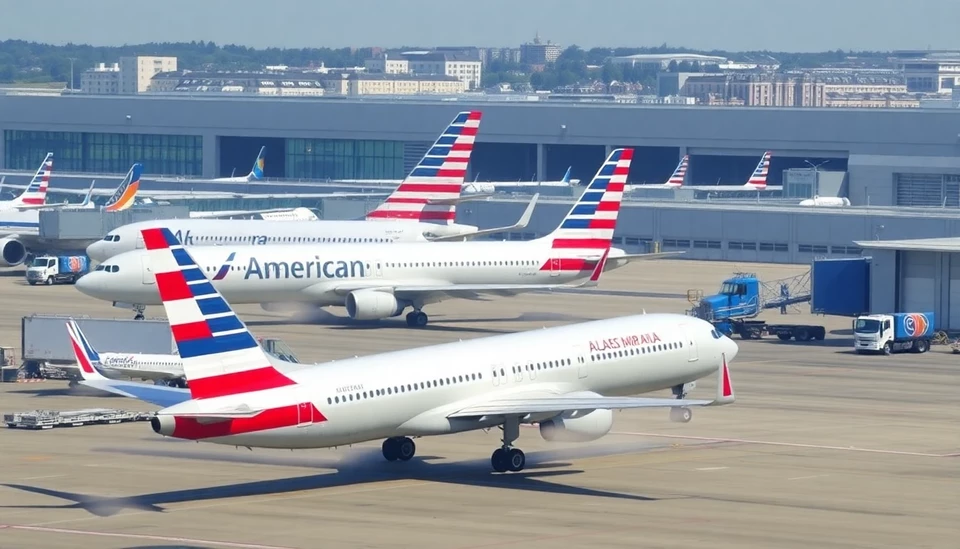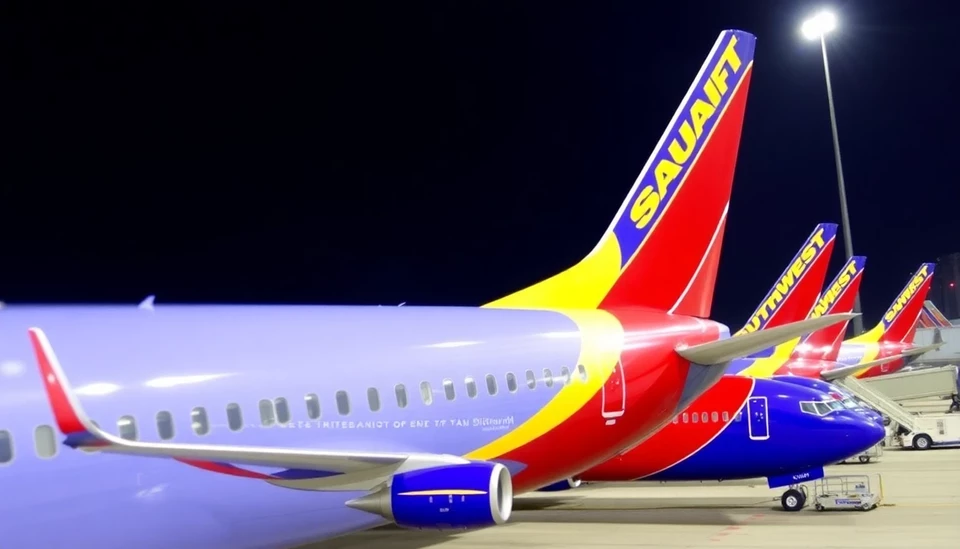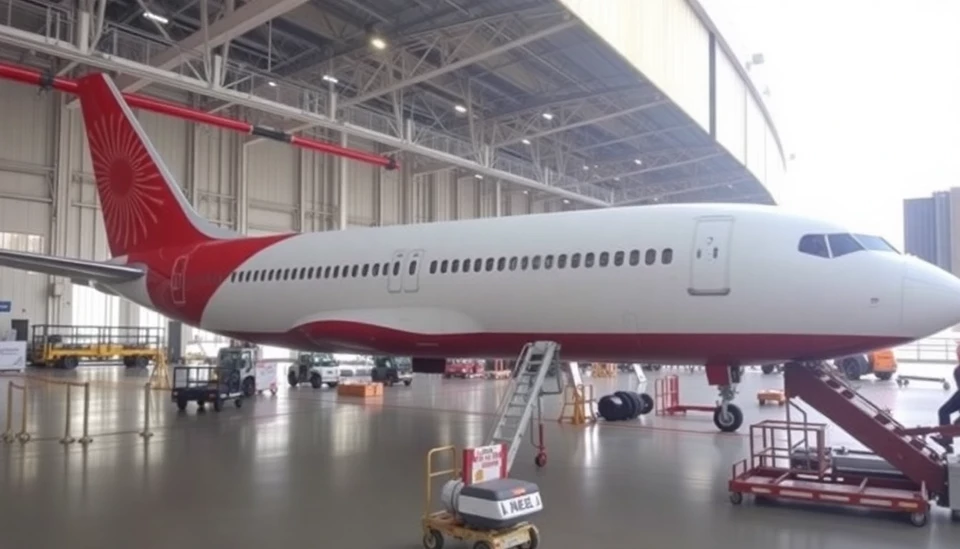
In a significant trend reshaping the aviation industry, airlines worldwide are investing heavily in premium seating options, redefining the economics of air travel. This strategic shift is primarily aimed at attracting lucrative business travelers while simultaneously affecting the overall experience of economy class passengers.
Over the last few years, airlines like Delta, American Airlines, and United have noticeably enhanced their premium offerings, deploying more resources for business and first-class sections and increasing the number of premium seats on their planes. This move is primarily driven by the pandemic's shift in travel behavior, which saw travelers increasingly willing to pay more for comfort and flexibility.
The decision to prioritize premium seats often translates to fewer available seats in the economy class. For instance, while airlines expand their premium offerings, they are lessening the amount of traditional economy seating. This shift can lead to higher ticket prices and reduced options for less affluent travelers, who may find themselves squeezed out by the increase in pricing power among higher-paying passengers.
Airlines are also leaning towards enhancing the overall experience for premium class passengers with features such as lie-flat seats, high-quality dining options, and exclusive lounges. This not only boosts their attractiveness to high-spending business travelers but also results in a greater gap between the experiences of premium and economy class passengers. The gap can lead to dissatisfaction among economy travelers who may feel sidelined by airlines focusing primarily on enhancing premium services.
The growing trend of airlines investing in premium sections ties back to their bottom lines. With rising operational costs, airlines are keen to maximize profits by catering more to affluent customers. By expanding premium classes, airlines aim to boost their revenue per passenger, as premium seats often come at a significantly higher price." According to some analysts, this may also lead to more dynamic pricing strategies, where fares fluctuate based on demand and the availability of premium offerings.
Furthermore, this irresistible draw for airlines towards premium seating has wider implications. Passengers in economy classes often have to endure further cramped conditions as seating configurations change to accommodate more premium spots. Queues at boarding gates, limited overhead bin space, and reduced on-board services are just a few frustrations that can spill over from this focus on premium classes.
Experts argue that while the premium service push might be beneficial for airline profits, it's crucial for airlines to maintain a balanced approach. There is a necessity for them to ensure that the economy class does not become the neglected stepchild of air travel, as it plays a critical role in transporting a vast number of budget-conscious travelers.
As the aviation sector continues to recover from the pandemic, the implications of these premium investments mean that travelers should be aware of how airline strategies can impact their travel experiences, regardless of which class they choose. Staying informed about airlines' evolving service models can help travelers make better decisions and find value in their journeys.
In conclusion, while the shift towards premium seating seems beneficial for a segment of air travelers, it comes with trade-offs that could limit options for the majority. As airlines pursue profitability through premium services, they must also heed the concerns of all travelers to foster a more inclusive flying experience for everyone.
#Airlines #TravelTrends #PremiumSeating #EconomyClass #AirTravel #AviationIndustry #TravelExperience
Author: John Harris




